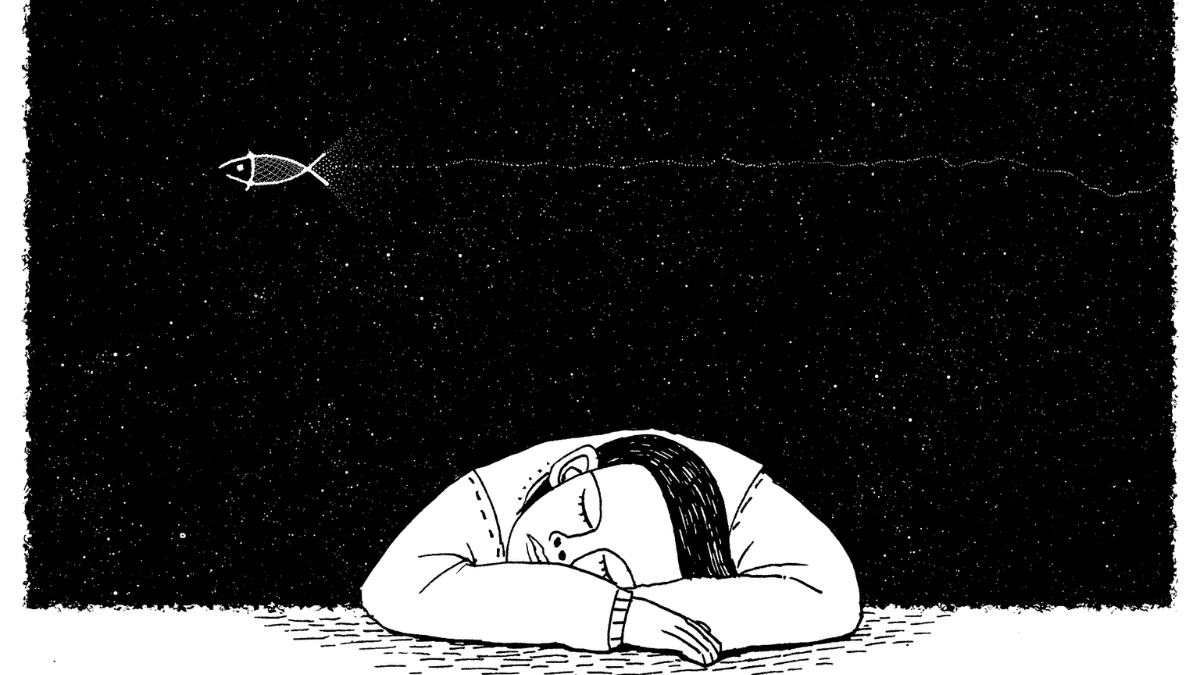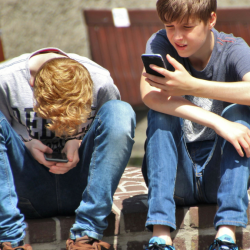When the Smithsonian finds us ‘historically unhappy‘ it’s no leap to place part of the blame at the predominant communications technology of our time — social media. Never before has half the planet shared the same media platforms with their opportunity for continuous comparison with everyone else. It’s no longer news that these platforms themselves know they are harming their users — for instance Meta’s recent internal analysis of Instagram even reported ‘We make body image issues worse for one in three teen girls.‘
Roosevelt said that ‘comparison is the thief of joy.‘ We might characterise the relentless news feed as ‘comparison on steroids.‘ Each of our fellow human beings curates their most positive experiences and flattering photos in their personal profile. This is then amplified to each of us through social feeds and stealing our joy in post sized micro-increments. Seeing a similarly aged friend on an expensive foreign holiday or an old work colleague managing a ski trip cannot help but elicit a tinge of envy. Multiply that by a thousand doom scrolls and it’s no surprise we find ourselves unhappier at the end of it all.
Economists define happiness as subjective well-being — the only person who can decide if we are happy is ourselves. And how do we define if we are happy? By comparing with those immediately around us.
Forty years ago, psychologists Marsh and Parker noticed that human beings are happier being a big fish in a small pond than by being a small fish in a big pond. Put simply we’re happier in smaller groups where we’re more likely to be the best in one category or another — if we’re not the prettiest we’re the cleverest or the sportiest and so on.
Game designers know this and are careful to construct leader-boards that encourage further activity rather than demotivate. Candy Crush Saga compares your performance only on the level you’ve just completed and only with your friends. Comparing worldwide would put you at position 2 million and something, with your friends you might be number one or two! Similarly, college sports break down children both by age and ability, and offer them a league in which second teams at under 15 play second teams at under 15 from similar schools.
Yet when we curate our own social media fish-ponds, carefully adding the friends we want in our circle, we tend to be expansive rather than to keep our circles small — pruning friendships seems so final (as I’ve previously written about on MediaCat Magazine) that we do it rarely.
Yet perhaps this is what we need to do — create smaller communities online in which we can interrelate and flourish. It turns out that social media happiness is actually under our control, we just need to take hold of the reins and be more brutal about who’s in and who’s out.
Featured image: Cdd20 / Pixabay






























